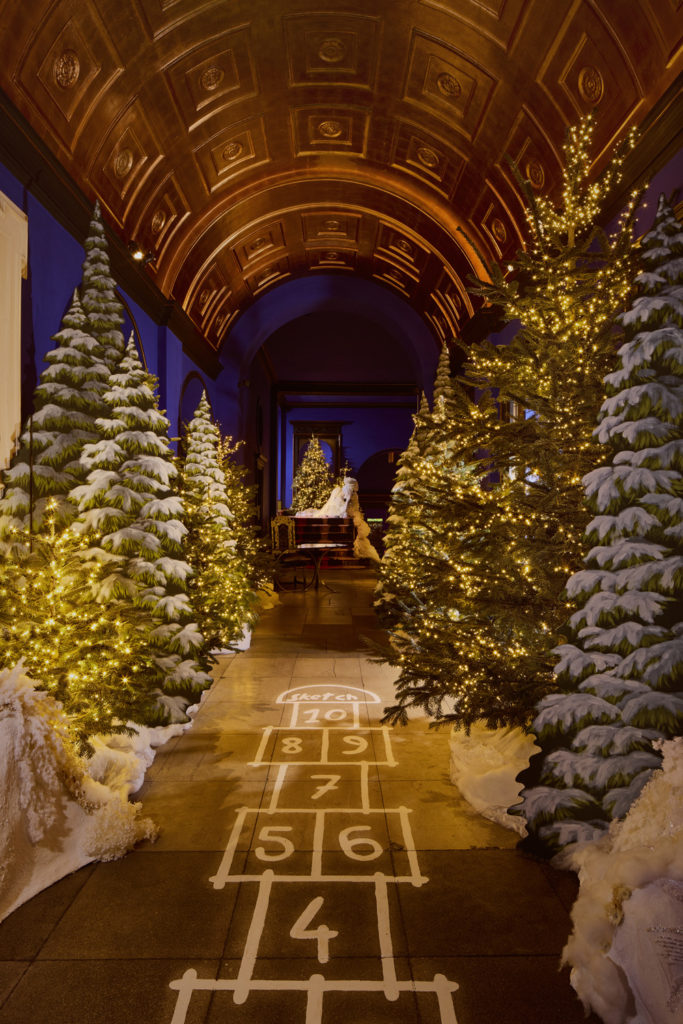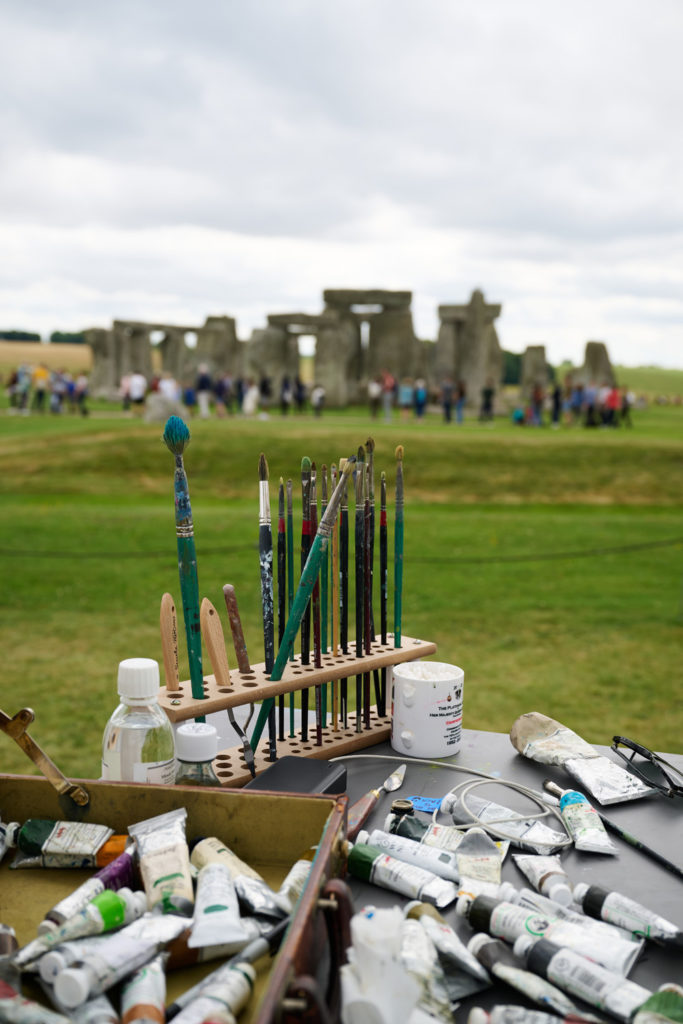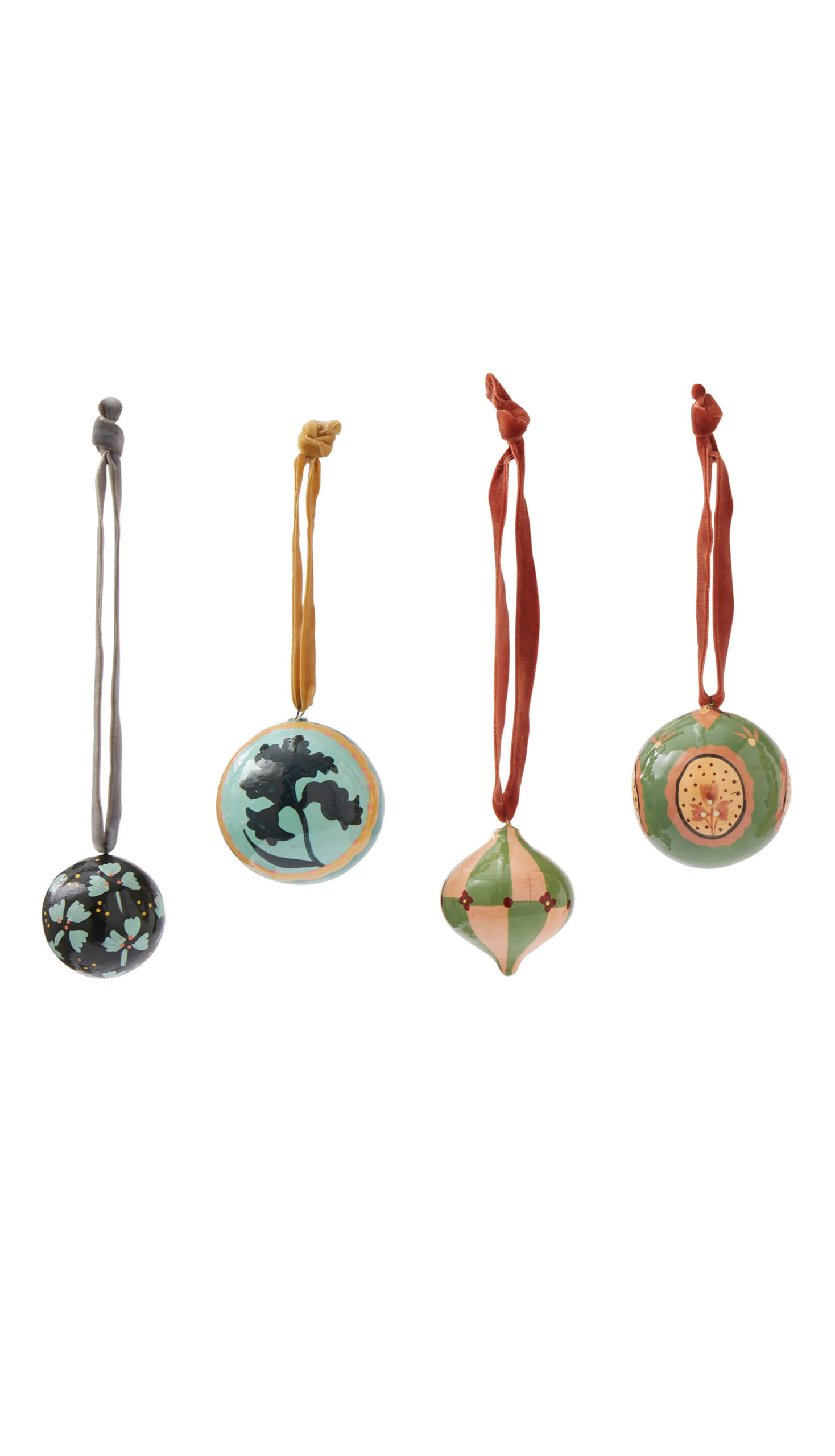Afghanistan Then and Now: Remembering Gandamack
By
4 years ago
Peter Oborne remembers Afghanistan in 2003
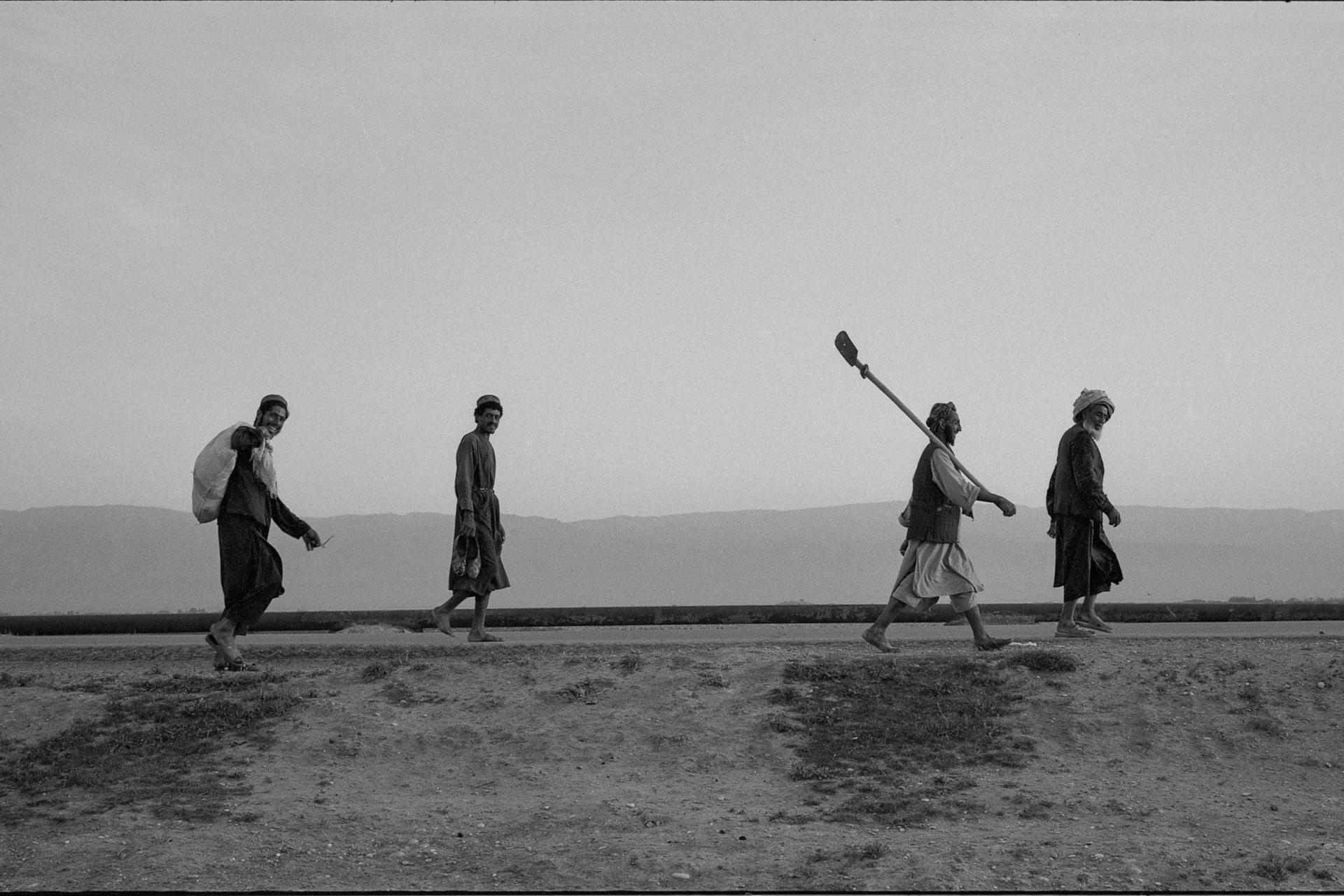
With the Taliban retaking Kabul, Peter Oborne recalls Afghanistan in 2003, when the fall of the brutal Taliban regime led to a lawlessness that often felt worse
Afghan Crisis: How You Can Help (& Who’s Doing What)
Afghanistan Then and Now: Remembering Gandamack
There was only one hotel in Kabul worth staying at, and we stayed there.
After the fall of the Taliban, hotelier Peter Jouvenal had secured a house that formerly belonged to one of Osama Bin Laden’s wives. We arrived at what was now called Gandamack Lodge in early 2003, shortly before the fall of Baghdad.
Jouvenal had been a war cameraman, who’d spent many years wandering around the North-West Frontier. In the process he had collected numerous guns and pieces of ancient ordinance purchased from villages he passed through. Many of them dated back to British rule in the 19th century, and some had been used by the Mujahideen in their struggle against the Russians. One or two pieces, we were told, were worth more than $100,000 if sold on the New York market.
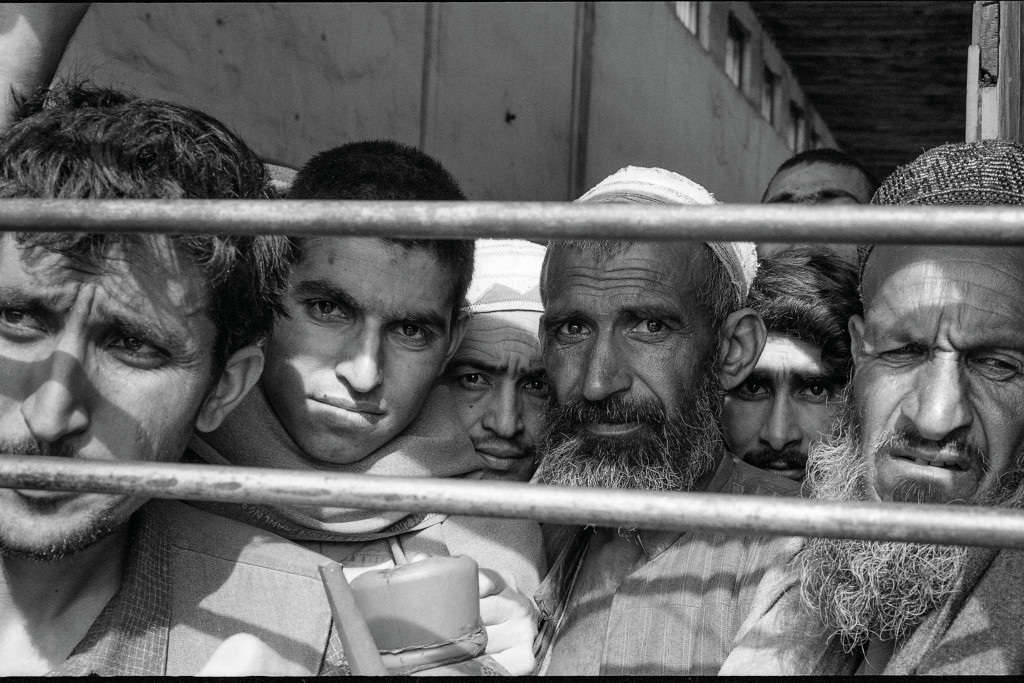
Suspected Taliban detainees at Sheberghan Prison 2002
In the meantime, they lay around the drawing room of his hotel, and we all examined them with suitable admiration. Jouvenal was away when documentary producer Paul Yule and I arrived. I think at the time he was working with the BBC Foreign Editor, John Simpson, in Iraq.
The characters in the hotel were very distinguished. There was a British civil servant from the Cabinet Office advising the new Afghan government on public finances. Every morning, after an excellent breakfast of porridge and scrambled eggs, he set off wearing a well-cut Jermyn Street suit and carrying a briefcase to pick his way through the rubble on the road down to the State Chancery, approximately one kilometre away.
We were meant to drive down to the Taliban headquarters in Kandahar, but this journey was cancelled after attacks on the road on the eve of our arrival. Instead, we went to the eastern city of Jalalabad, following the route endured by the defeated British army fleeing Kabul in the freezing conditions of January 1842. (Just one European, Dr William Brydon, is believed to have survived, alongside some Indian sepoys.)
There we enjoyed the hospitality of a local warlord, while investigating British attempts to eliminate opium production in Afghanistan. Tony Blair had bizarrely demanded the eradication of Afghan opium as one of chancellor Gordon Brown’s ‘Treasury targets’. Under the Taliban production had fallen to virtually nil, though it was taking off again thanks to the anarchy unleashed by Western occupation.
Wandering around the opium fields we were accosted by an angry farmer who’d not been paid for abandoning opium production, or perhaps paid less than more influential neighbours. We had to leave one field in a hurry because local anger threatened to get out of control. MI6 had been given the task of dealing with opium production, and failed.
The drive back to Kabul was difficult. Our security detail spent a lot of time asleep with his gun pointing straight at my chest. He was smoking hashish and resented it when I asked him to point it somewhere else.
Before our visit to Afghanistan, I had asked Lord Salisbury, the Tory grandee who had lived in Afghanistan in the 1980s, to give me an introduction to Ismail Khan, the prominent war lord who governed Herat near the Iranian border. (I wish I had kept his letter. It was written with such exquisite courtesy and elegance.)
I found Ismail Khan sitting cross-legged in a meadow high above the city. He had been riding with his retainers and had just dismounted from a great white stallion. I presented my letter and the following day sat behind him as he dispensed justice in a great hall in central Herat. It was exactly like watching King Solomon preside over court, as recorded in the Bible. He dealt with land disputes, family troubles, financial problems. We went with him on a visit to nearby villages. Apart from the fact his soldiers carried machine guns, it felt exactly like being on a progress with an English medieval monarch.
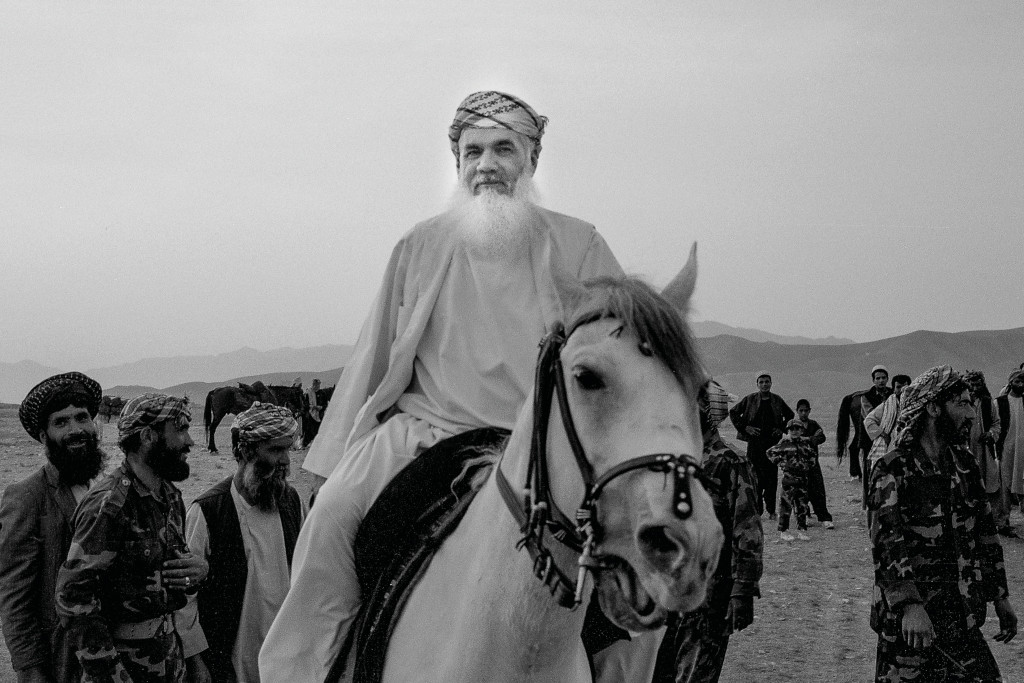
Ismail Khan
When I returned to Afghanistan ten years later, in 2013, life in Kabul was less fun. The place had become infested by aid workers, soldiers and diplomats. Americans had taken over half the city. Meanwhile, Jouvenal’s Gandamack Lodge crew had moved to a larger house with a basement bar full of noisy westerners. When a former private secretary to Taliban leader Mullah Omar came to visit me, I could see it made him feel uncomfortable – I wished we had met somewhere else.
Kabul, like the rest of Afghanistan, had become lawless. In 2003 it had been possible to move round easily and without fear. Women wore Western dress in the streets, and new businesses and restaurants were opening up. Now foreigners were advised not to stay in the open for more than 20 minutes for fear of capture or attack. Everyday life was punctuated with shootings, assassinations, kidnappings and bombings.
As a result Kabul had developed an unofficial ‘green zone’ just like the Iraqi capital of Baghdad – a heavily protected area, lived in by the Americans, cut off by barbed wire, blast barriers and heavily fortified checkpoints.
These protections were necessary against the suicide attacks which had become a part of everyday life in the city. Once, when a local policeman I was with unwisely took a short cut through a US zone, we were seized, separated and interrogated. But I understood why the US were nervous. ‘F*** you America, f*** you America,’ one passer-by hissed at us as we made our way through the crowd minutes after a bomb had gone off in a car bomb attack. The Taliban’s control of most main roads meant that many inhabitants of Kabul were prisoners in their own city.
At a lorry depot in the southern part of Kabul, I interviewed truck driver Feisal, who regularly made the long drive to the southern town of Kandahar. He told me how every time he made the journey (for which he got paid £102 – generous wages by Afghan standards), he took his life in his hands. He told me how the attacks had started 25 miles south of Kabul at a town called Maidan Shahr.
The Taliban would lie in wait under bridges, at crossroads or other ambush points. Sometimes they just set up checkpoints on the main roads. On other occasions, they opened fire on convoys of trucks with machine guns or rockets – their mission to disrupt the main commercial artery into the capital of Afghanistan.
In the past year alone, Feisal had lost seven close friends on the terrible Kandahar journey, among the 30 lorry drivers who had so far died on the road. He himself had the resigned air of a condemned man. The police were no use, he added. They would demand bribes at every checkpoint along the way. Then at night they turned into robbers and would join the Taliban in mounting raids on the truck convoys.
I went to visit Muhammed Wahaaj, an Afghan doctor who had been brutally kidnapped on his way home from work by bandits posing as intelligence officers. They shot at him to force him off the road, wounding him in the shoulder, hooded him, and then took him to an underground dungeon where he was tortured for three weeks.
‘I always knew when another torture session was coming up,’ the doctor told me in his impeccable English. ‘They didn’t bring me lunch. I would vomit with pain during beatings.’ While the beatings were going on, the bandits would hold a mobile phone to his mouth so that family members could hear his cries of pain. Then at night, the bandits would handcuff Dr Wahaaj’s hands behind his back and hang him from a hook on the ceiling.’
Dr Wahaaj told me he knew five other doctors – personal friends of his – had suffered the same terrible ordeal in recent months, and that the problem was completely out of control. I asked whether life was better in Afghanistan today (2009) or under the Taliban before the fall of Kabul eight years ago. The doctor was in no doubt: ‘Life was much better under the Taliban,’ he replied at once. ‘Security was 100 per cent in Kabul at the time of the Taliban.’
Many other ordinary Afghans told me how their lives were now dominated by fear of the criminal gangs which, acting under political protection, dominated the city. They had no desire to return to the beatings, beheadings and religious fanaticism of Taliban rule. Yet they saw that brutal regime as preferable to the chaos, lawlessness and anarchy of Western-dominated Afghanistan.
That said, I paid a heartbreaking visit to a girls’ school at the heart of old Kabul, sitting down with a class of half a dozen gifted and ambitious young women, each one expressed the ambition to be a doctor, lawyer or businesswoman. They knew that the return of the Taliban might threaten all those hopes. But even for them the barbaric chaos of lawless Kabul was becoming a nightmare.
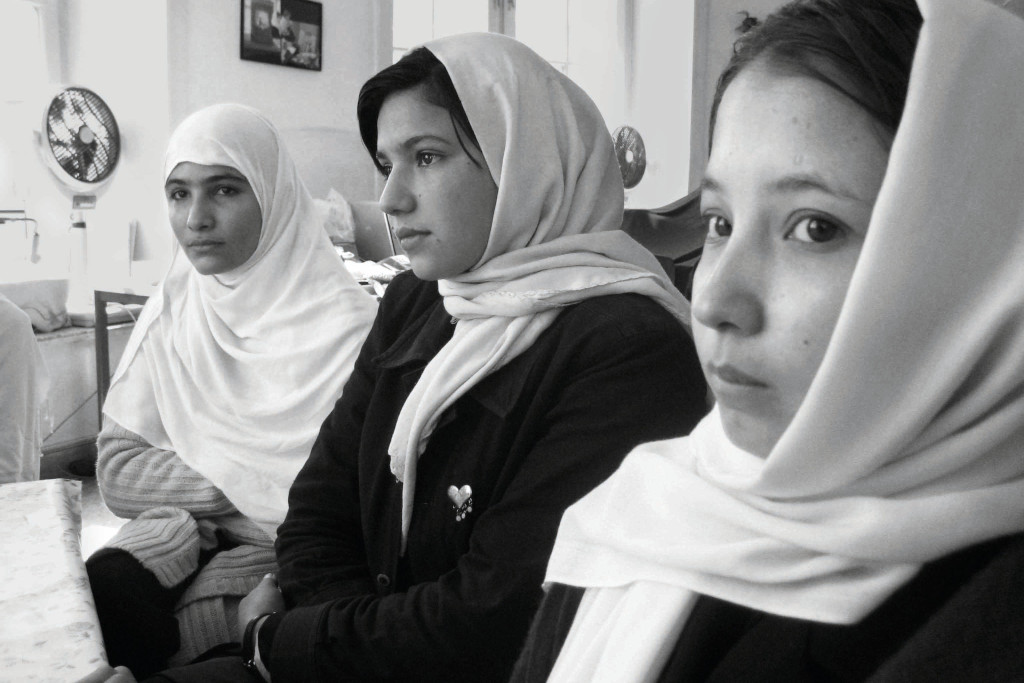
Women who aspired to be professionals 2009
What lies ahead? The Americans are determined to make things worse by freezing nine billion dollars of Afghan assets and threatening sanctions – thus guaranteeing mass starvation over Afghanistan’s bitterly cold winter.
Afghanistan has been ravaged by 40 years of war since the Russian invasion. Threatening the Taliban won’t make things easier and I fear that the country will fall apart and return to civil war.
The best hope for the tragic yet unbearably beautiful Afghanistan is that it is given time and space to rebuild itself. Without us.
Artists Support Displaced Afghans with #DrawForAfghanistan / This Jewellery Auction is Raising Funds for Afghan Women

